Lidl Canarias has launched a pioneering initiative that turns plastic waste collected in its own supermarkets into a new line of recycled rubbish bags, marking a significant step in its sustainability strategy for the islands.
The project, now active across all 39 Lidl stores in the Canary Islands, reinforces the company’s commitment to the circular economy. It also positions Lidl as the first retailer to offer its own-brand product based on this principle, an achievement recognised by Aenor with its ‘Circular Economy Project’ certificate.
This move validates Lidl’s leadership in weaving sustainability into its operations, helping to reduce waste by transforming it into useful, quality products for customers.
From Packaging to Bags: 1500 Tonnes of Plastic Recycled
The nationwide initiative has already recycled over 1,500 tonnes of plastic to manufacture 16 million rubbish bags under its Purio brand, available in six different types.
The process involves collecting, sorting, and recycling plastics generated in-store, primarily from product packaging and logistics materials. These are then transformed into new, reusable bags. The resulting bags are made from between 20% and 50% recycled plastic and come in sizes from 10 to 100 litres.
This scheme forms part of Lidl’s global REset Resources strategy, which includes a goal to reduce plastic by 30% and ensure 100% of its packaging is recyclable by 2025. In the Canary Islands, Lidl has been a trailblazer, having been the first chain to eliminate single-use plastic bags and later replacing fruit and vegetable bags with 100% compostable and biodegradable alternatives.
Furthermore, the project helps to lower the carbon footprint linked to plastic production and reduces the amount of waste sent to landfill. Across Spain, this model of waste utilisation prevents the consumption of hundreds of tonnes of new plastic every year, an impact that will now be felt in the archipelago.
Arnaud d’Arifat, Head of Logistics at Lidl Canarias, commented, “With this initiative, we are contributing to the development of a circular economy and promoting the reuse of materials. We are turning the plastic waste generated in our stores into a useful and quality product for our customers, while also reducing the consumption of raw materials.”
The initiative was made possible through collaborations with leading national partners, including La Red by Veolia, a specialist in industrial plastics recycling, and Sphere Spain, a provider of recycling solutions.
Canary Islands: A Hub for Lidl Sustainability
Since 2018, Lidl has used the Canary Islands as a benchmark for its sustainability and innovation projects. That year, the company began installing free electric vehicle charging points at its stores, with customers now having access to nearly 100 stations across the archipelago.
Last year, Lidl incorporated the first electric trucks in the Canarian distribution sector, a measure expected to prevent around 100 tonnes of CO2 emissions annually. The company has also installed extensive photovoltaic systems at its two logistics platforms in Tenerife and Gran Canaria and at 17 stores. In total, these solar panels cover more than 40,000 square metres, cementing the islands’ role in Lidl’s transition to a more sustainable energy model.

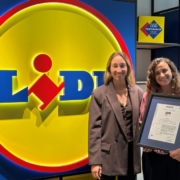
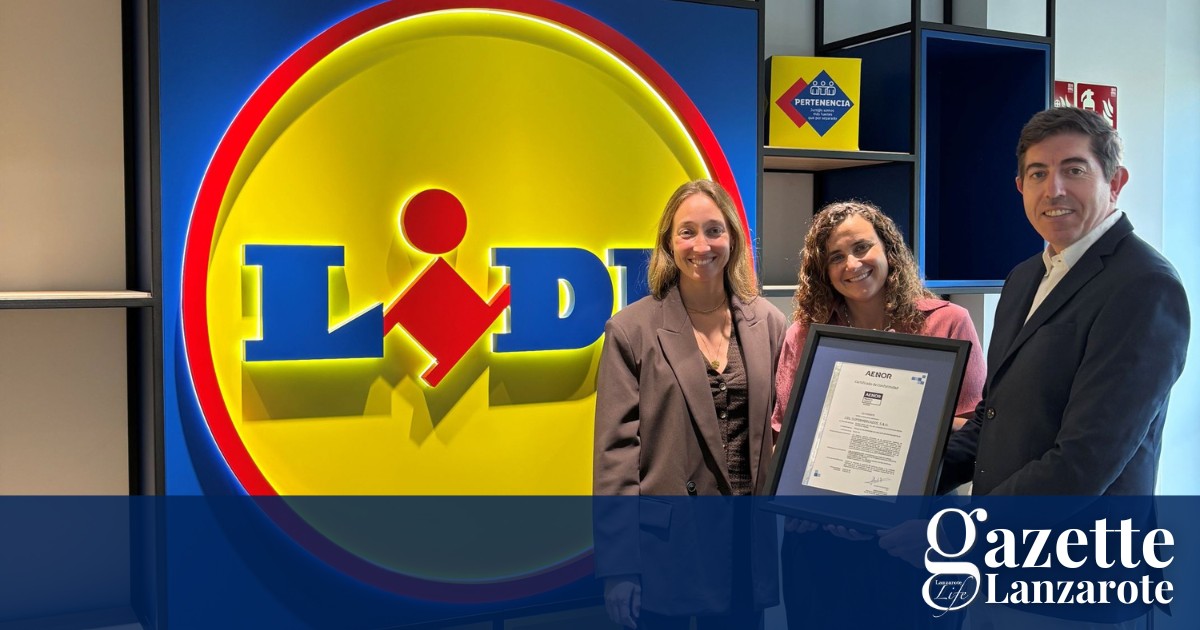

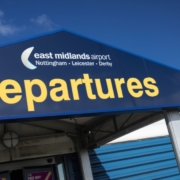
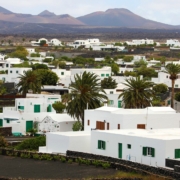
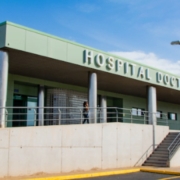




Leave a Reply
Want to join the discussion?Feel free to contribute!